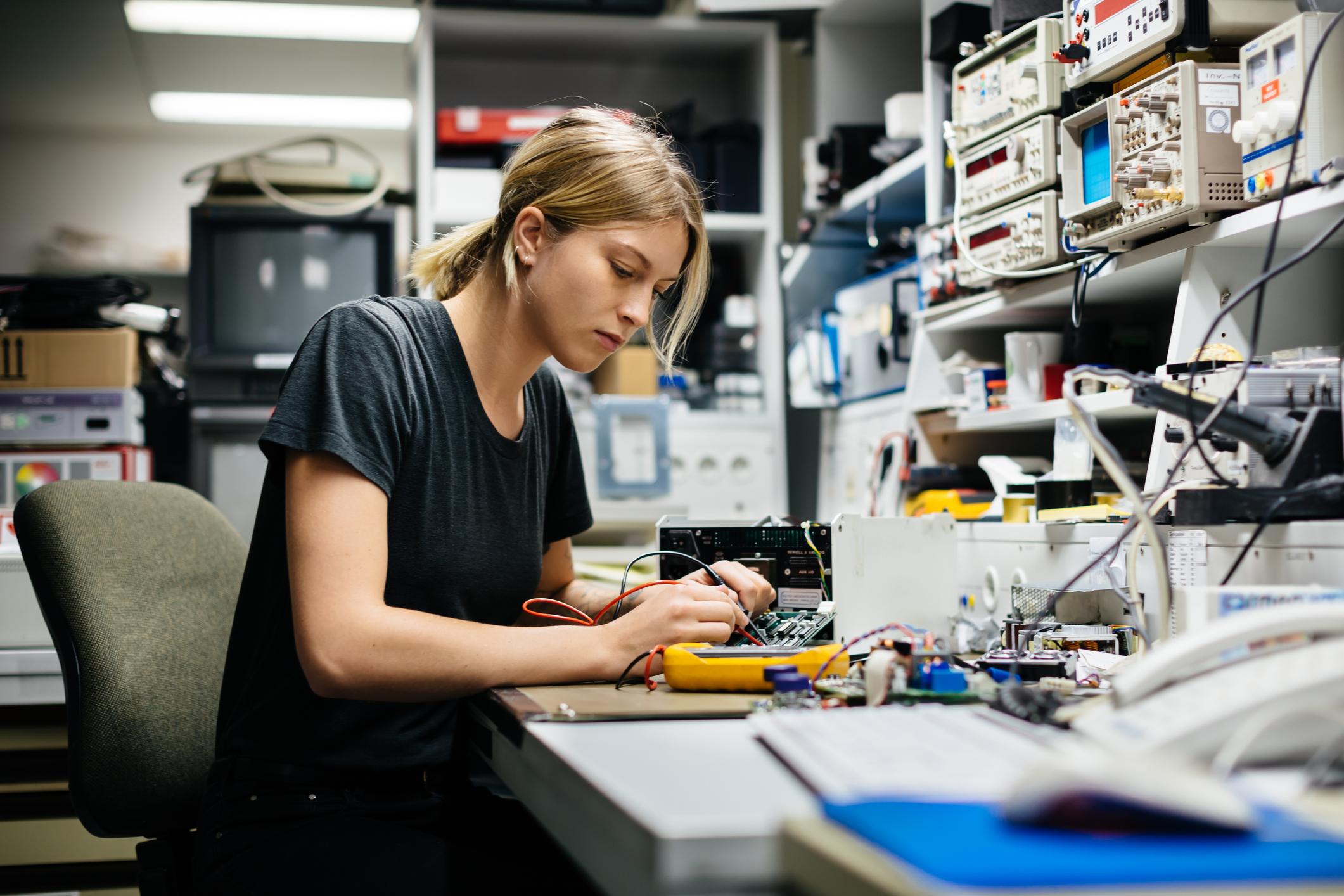Posted 3/24/2023 11:17 AM / Updated 3/24/2023 11:17 AM
(Credit: Getty Images)
Whether it’s because of a very long day, tiring tasks, or just the repetitive nature of the routine, work isn’t always fun. It is often more of a commitment than something we want to do.
But people (in the UK) spend an average of 90,000 hours working in their lifetime, so it makes sense to try to enjoy that time if you can. What can be done to make work happier and reduce stress?
I was the lead scientist on a (UK) government project that looked at how our emotional well-being and resilience change over the lifespan.
As part of this project, the team, with help from the New Economics Foundation think tank, identified several things that can reduce stress and increase well-being and happiness – all of which can be applied in the workplace.
1. Be active
Physical activities won’t release your problems or stress, but they will reduce your emotional intensity and give you the mental space to solve problems – in addition to staying fit.
Research consistently shows the positive benefits of exercise, so why not make time for some physical activity?
Walking to work is a great way to create cleavage in your day. If that’s not possible, you can get off the bus earlier, do some exercises at lunch, or maybe take a class before starting work.
2. Connect with people
Having good relationships with others is at the top of most measures of happiness.
During the pandemic, the well-being of many people has been undermined by the lack of social contact. In fact, a good support network of friends and family can reduce your work problems and help you see things differently.
It is also helpful to get to know your colleagues. The more you invest in your relationships at work, the more enjoyable your day will be.
Helping your co-workers and others in your life can also boost your self-esteem and give you a sense of purpose, which is essential to your well-being and achieving your goals.

3. Learn new skills
Staying “cognitively active” is critical to your psychological and mental health and can provide you with new opportunities in terms of your career development. So try to keep learning – take a course, develop new skills or pick up a new hobby, it all adds up.
Keeping things going in your life outside of work is also important to your emotional and mental health. The UK operates some of the longest hours in Europe, which means you often don’t spend enough time doing the things you really enjoy. Don’t work hard. Make sure to make time for socializing, exercising, and recreational activities.
4. Be present
It is about “living in the moment” rather than dwelling on the past or looking far ahead. Enjoy the gift and you will appreciate it more. In fact, there is a lot of research on the positive aspects of mindfulness and how it can help with mental health.
This does not necessarily mean spending hours meditating. Living in the moment means bringing your mind back to the present moment. A more mindful approach to life is something you can practice at any time of the day, it’s just about being mindful, noticing what’s going on around you – the sights, the sounds, the smells. You can do this while walking, at a meeting, or over a cup of tea.
5. Acknowledging the good points
Being present also helps you recognize the positives in your life – allowing you to see the glass as half full instead of the glass as half empty.
Accept that there are things in work or life that you cannot change, and focus on the things you control. Remember to be grateful for the positive aspects of your life.
6. Avoid unhealthy habits
Given what we know about its long-term consequences, heavy consumption of alcohol, coffee, or smoking as a coping strategy for work stress is likely to have a negative impact on your happiness, even if it appears to provide a quick boost.

7. Work smart
Prioritize your workload during work hours and you’ll have more time available to do the things you enjoy. Accept that your inbox will always be full, so focus on the important things first.
The more you take control of your work life and achieve the balance you need, the happier you will be at work. You should prioritize your well-being and try to reduce work stress whenever possible.
* Carrie Cooper is Professor of Organizational Psychology and Health at the University of Manchester, UK.
This article originally appeared on the academic news site The Conversation and is republished here under a Creative Commons license. Read here file original version.

“Hardcore beer fanatic. Falls down a lot. Professional coffee fan. Music ninja.”






More Stories
The law allows children and adolescents to visit parents in the hospital.
Scientists pave the way for the emergence of a new element in the periodic table | World and Science
Can dengue cause hair loss? Expert explains how the disease affects hair